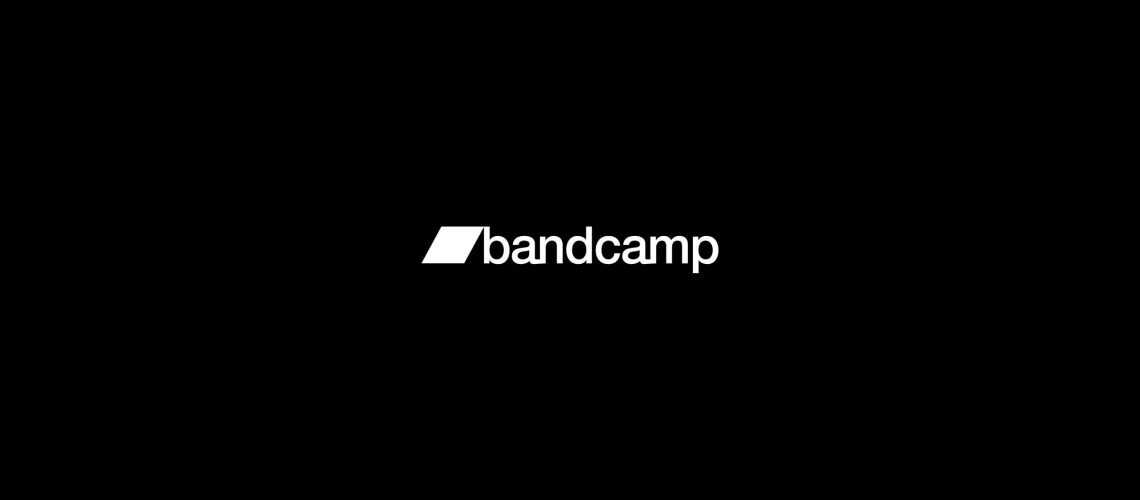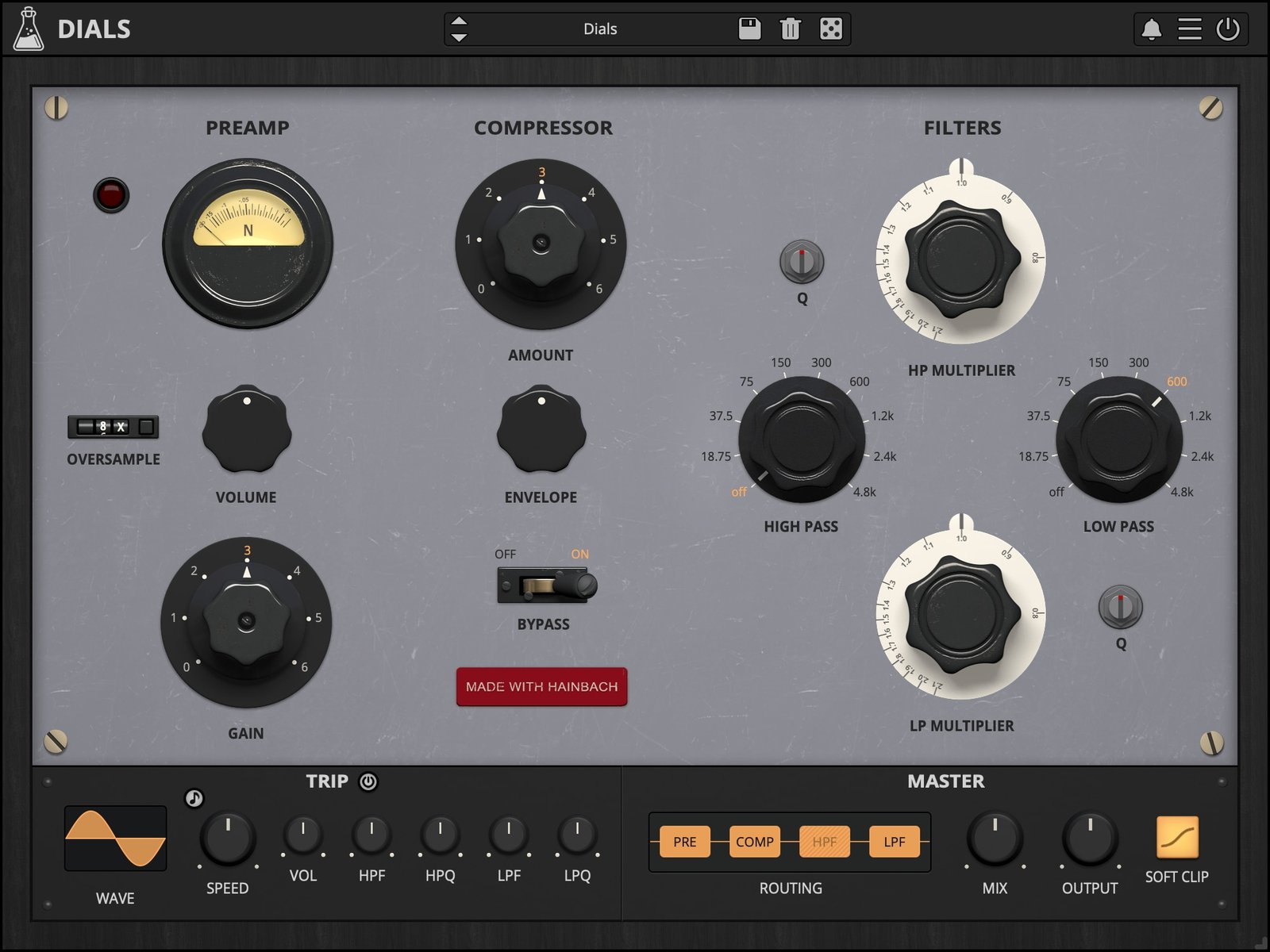The other shoe has dropped: yesterday, following the sale of Bandcamp from Epic to Songtradr, around half of the company’s existing staff were laid off. That’s leading more folks to start talking about alternatives.
It’s a recurrent theme in acquisitions: we get cuts but not much else. There’s a vision for investors, but not really for customers. And musicians and music journalists seem to be perpetually the ones who lose.
Editorial losses are really hard to see. It’s tough to overstate, given how much music writing has in past years become a downward spiral of fewer and fewer gigs and lower and lower rates:
officially laid off, after two weeks of limbo where i expected that would be the case but had no confirmation. nearly eight years at bandcamp and it’s over. if anyone is looking for a dedicated, talented, and professional editor and culture writer, i’m on the market
— jj skolnik (@modernistwitch) October 16, 2023
There’s really not a lot to add beyond what Philip Sherburne writes at Pitchfork. The headline may be a little dramatic – as I wrote before, a lot of artists and labels may not notice massive changes. But that’s not to say that’s a good outcome, either; platforms need to grow and evolve, not just perform basic maintenance. Even if you don’t get Cory Doctorow’s idea of platform “ens***tification,” atrophy isn’t a whole lot better.
“The Pitch: Is Bandcamp as We Know It Over?”
Most unnerving is actually that Bandcamp just slashed customer service. From that article – an editorial department is trimmed to three people from five, and customer support is hit hard:
A departing software engineer tells me that cuts were spread out “fairly evenly” across all departments except for customer support and editorial, which were hit harder. This former employee estimates that only three support specialists were retained. A current employee tells me that the editorial department kept three editors and a designer, and that Bandcamp Daily, the site’s robust music publication, will continue on. Bandcamp’s former executives, meanwhile, “all vanished on September 28, and no one has heard from them since,” says the ex-employee.
And that’s not to be underestimated – the real problem with online platforms at the moment is there’s no one home. Bandcamp isn’t free, either; apart from the fees they claim (Bandcamp Friday aside), a lot of labels pay for service.
Why is it that artists increasingly are asked to pay to share their music, pay again for service, and then pay again to get anyone to listen?
I must also echo what Philip writes about Songtradr’s B2B “mood music” licensing model. At best, this seems a poor fit for Bandcamp. And that’s assuming anything happens at all. I can think of a lot of acquisitions that hinted at ambitious integration and strategy in a press release only to … do absolutely nothing, and sell the acquisition off later. The tendency of acquisitions to be accompanied by major layoffs might have something to do with that. Oddly enough, it’s tough to pursue bold new visions and expand and integrate different companies with different cultures if the first thing you do is get rid of half the people who might accomplish that.
As for Bandcamp’s union – they’re currently still negotiating with Epic, so we have to see what would happen with Songtradr – assuming Songtradr sits down with them at all. Here’s their current statement:
Anil Prasad has written some thoughts about the DIY approach:
Plus some follow-up, since that post got hot:
There are other efforts to build new music tools, like this one:
i am working on an artist and listener owned music listening service with some friends. it’s called @tonedotaudio. imagine spotify w/o the data hoarding and payola. bandcamp w/o the union busting. all owned and maintained by everyone who uses it. we’re building this right now. pic.twitter.com/fDOvTheyL7
— kevin duquette (@kevinduquette) April 24, 2023
It isn’t just about distribution platforms or tech. Without music writers, it’s hard to spread the word about what artists are doing:
Mass layoffs at Bandcamp, including the majority of their editorial staff? I hate to say it, but music journalism in the US has melted down almost completely at this point. We have no future unless new publications take root. Looking to see what’s next.
— Geeta Dayal (@geetadayal) October 16, 2023
Anyway, that concludes this nice escapist moment from the rest of the world news.
Sheesh, okay, I’ll get back to synthesizer coverage or something. Uh… plug-ins? Maybe a “Scream” filter.




